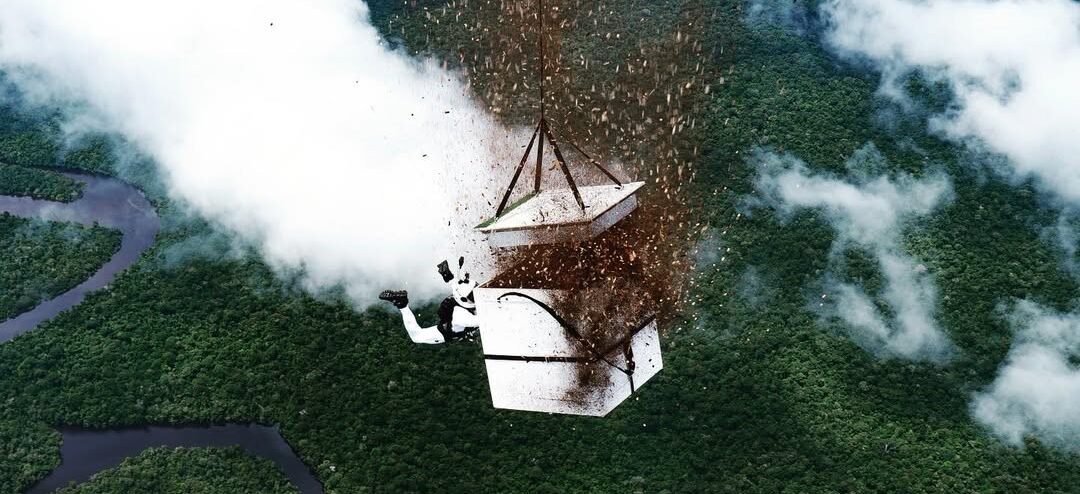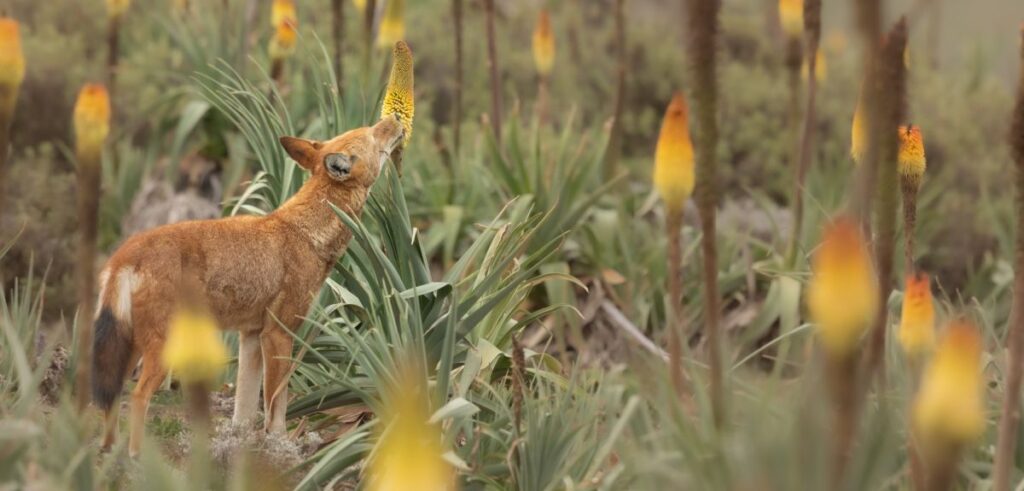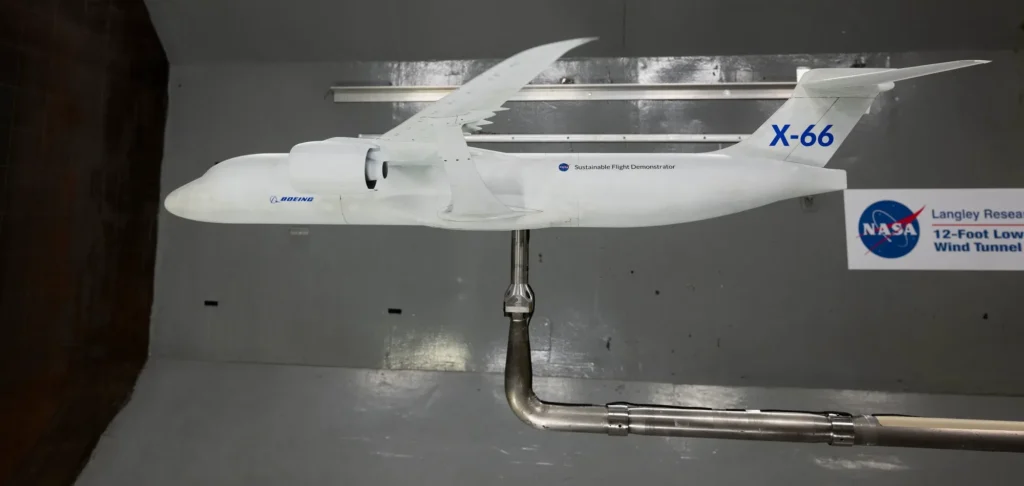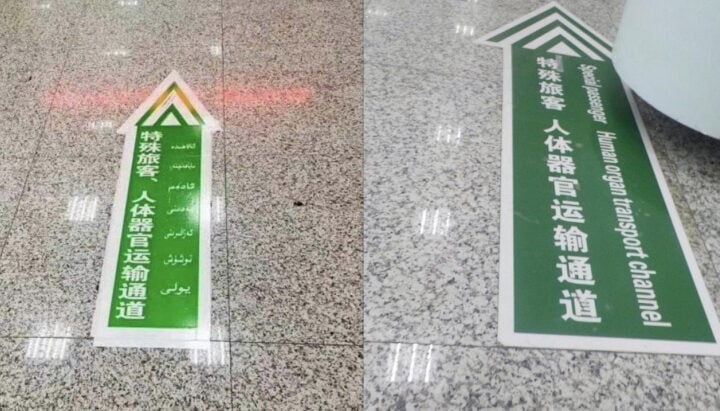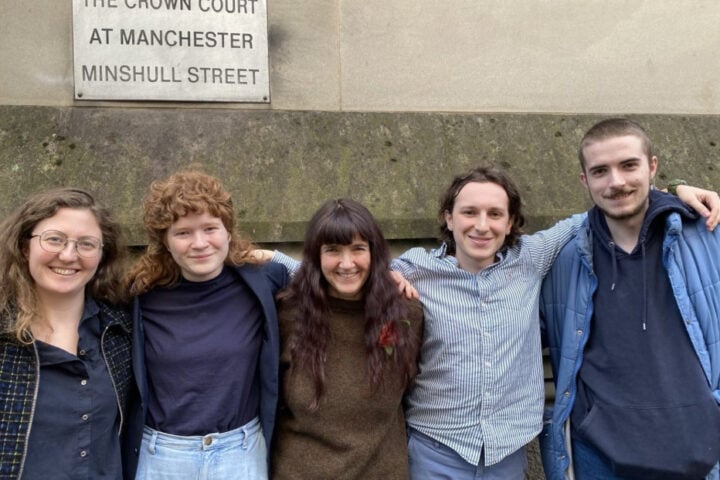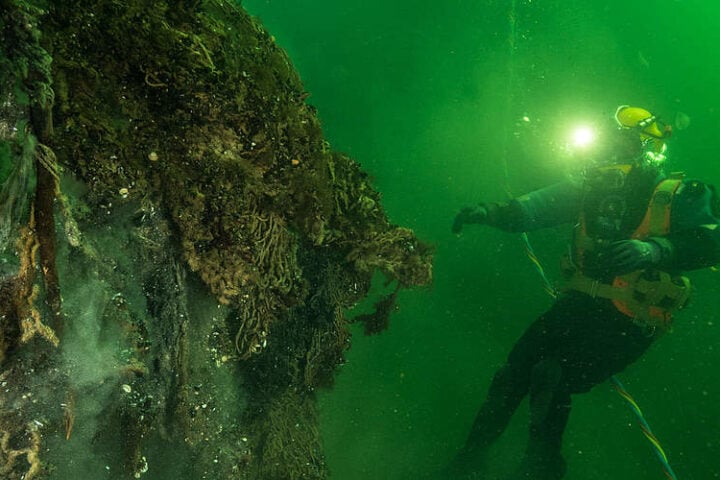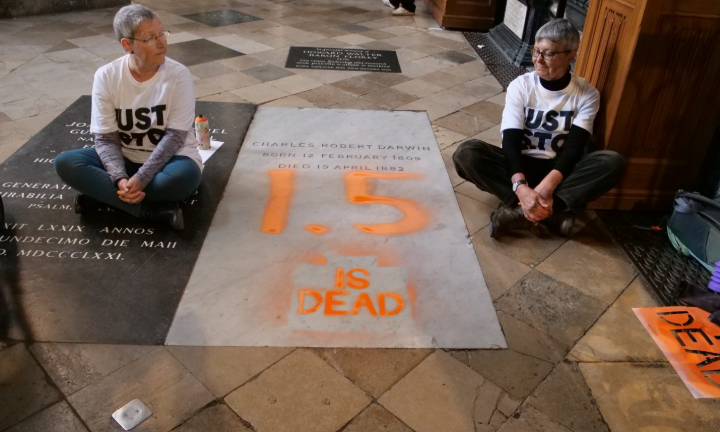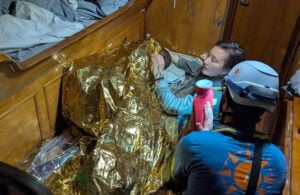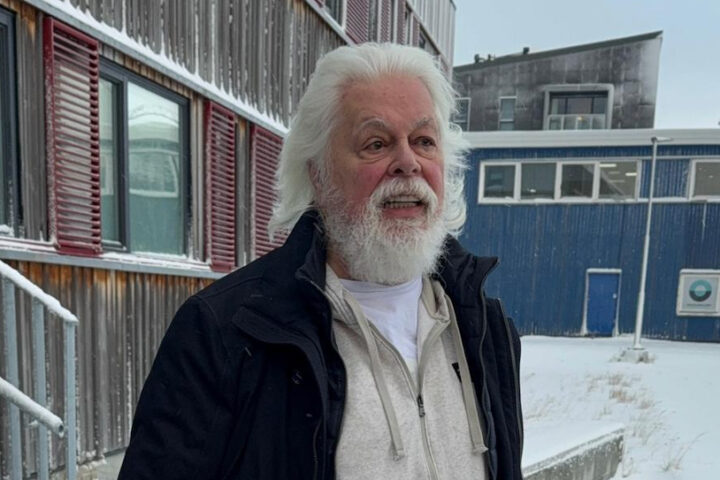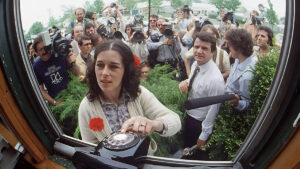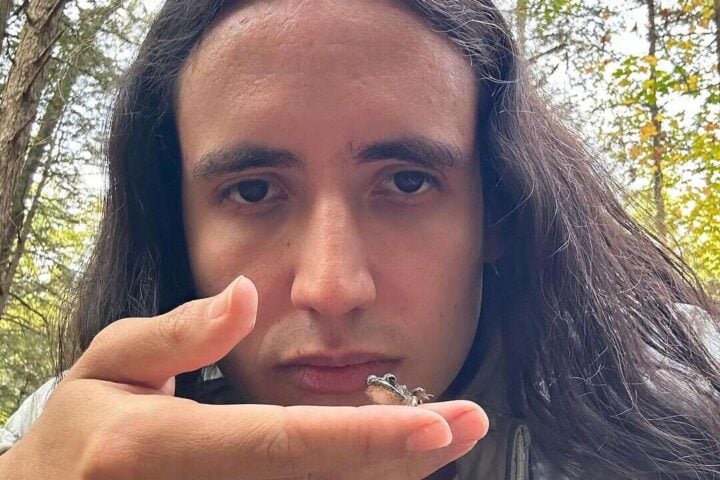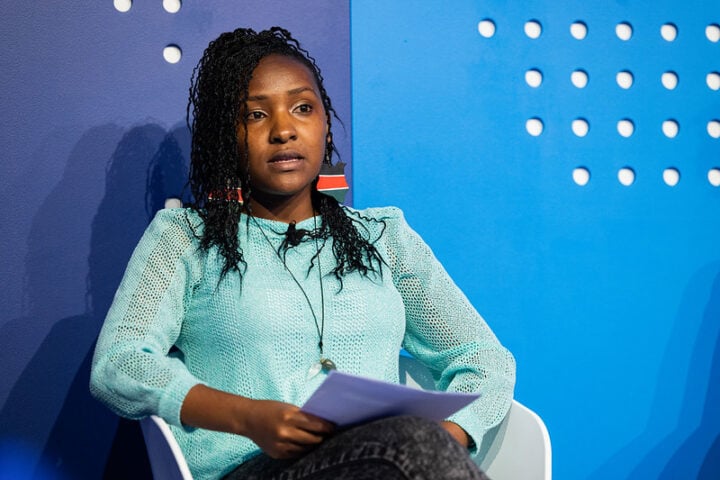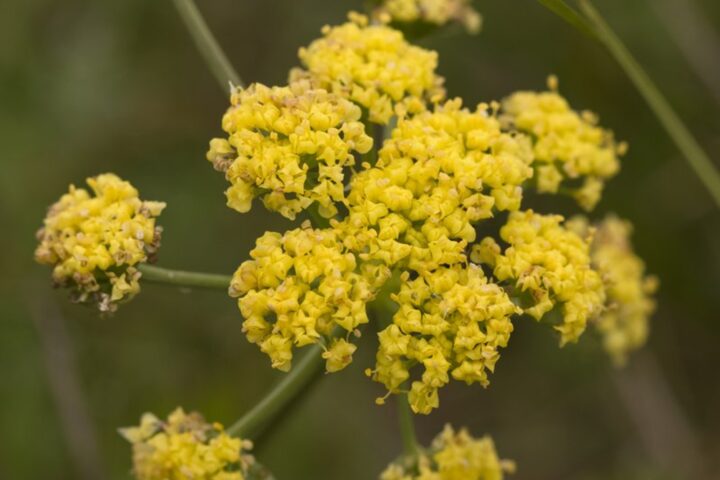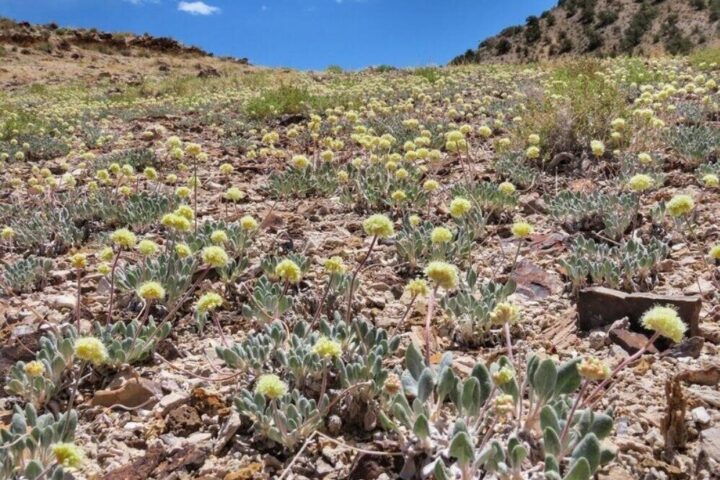Brazilian skydiving veteran Luigi Cani executed what he describes as his most nerve-wracking jump yet – not for its technical difficulty, but for its environmental stakes. After 14,000 jumps and 11 world records, Cani took to the skies above a deforested region of the Amazon carrying 100 million seeds from 27 native tree species.
“It was the only jump in my life that I held my breath the entire time,” Cani said. “My heart was beating really fast. I felt like I was going to have a heart attack.”
The jump, occurring 130 kilometers from Novo Aripuanã in northern Brazil, required five years of preparation. The logistics involved securing permits from Brazilian aviation authorities, developing specialized biodegradable seed boxes, and transporting 3.5 tonnes of equipment into the Amazon.

Technical Challenges and Implementation
The project faced multiple technical setbacks. “We were running out of time,” Cani recalled. “We stayed up all night trying to find a way to seal a leak in the box.” Three test boxes failed in the days leading up to the final attempt.
During the actual jump, Cani struggled with the physical demands. “I struggled to hold the box. I nearly broke my wrist and fingers. I managed to stabilize myself at about 6,000 feet and the seeds were released precisely where we wanted them to be,” he said.
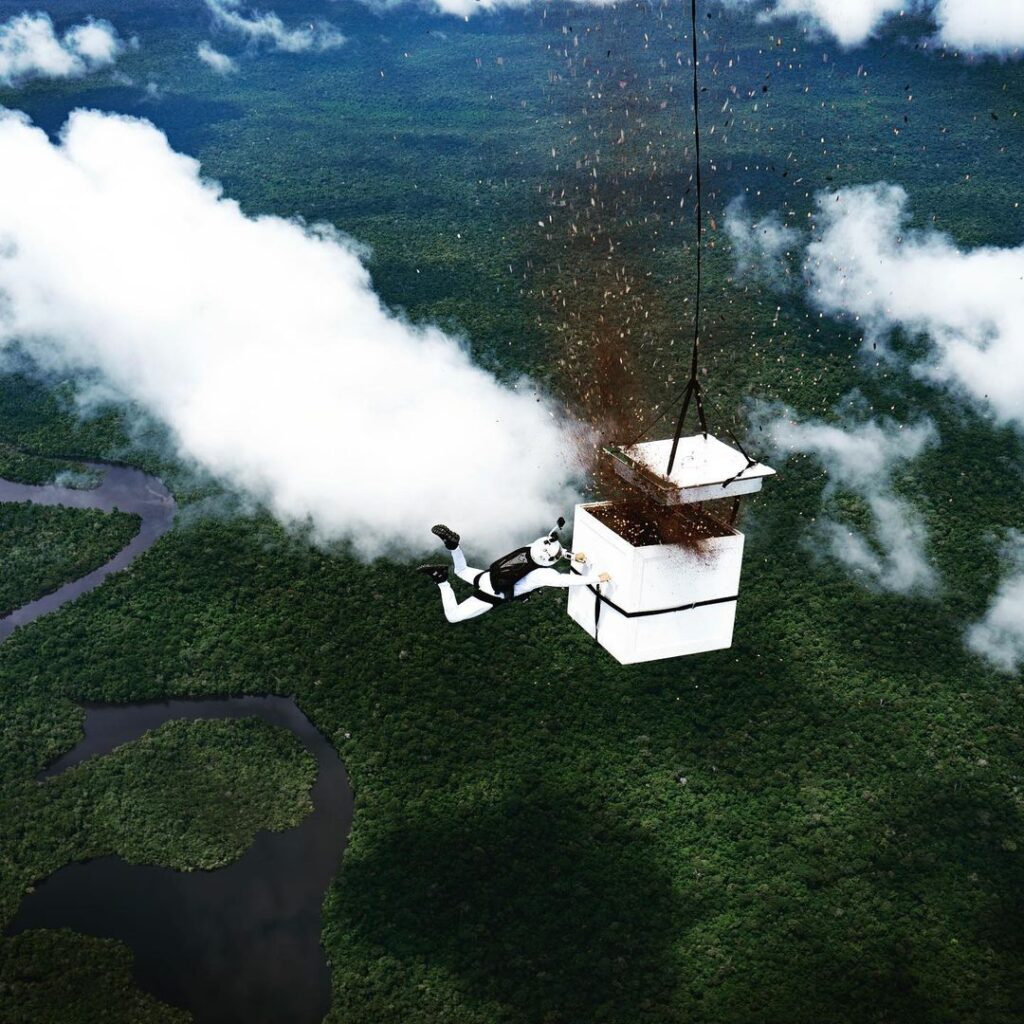
Measurable Results and Current Status
The seeds are expected to achieve a germination rate of more than 95%. The trees are expected to reach heights of 50 meters (165 feet). This initiative targets restoration of a 100-square-kilometer patch of deforested land.
The timing proves crucial. The annual rate of deforestation in the Amazon estimated in 2022 was 11,568 km. Recent government reports indicate changes in deforestation rates, though these should be independently verified.
Similar Posts
Broader Conservation Context
Cani’s project aligns with Brazil’s pledge to reforest 12 million hectares (30 million acres) by 2030, part of its Paris Agreement commitment. However, the scale of destruction remains daunting – approximately 1.8 million hectares of Amazon forest have already been lost.
Various organizations, including Rioterra, the Black Jaguar Foundation, and Mombak, are involved in reforestation efforts in the Amazon region, though specific details of their current projects are not detailed in the source material.
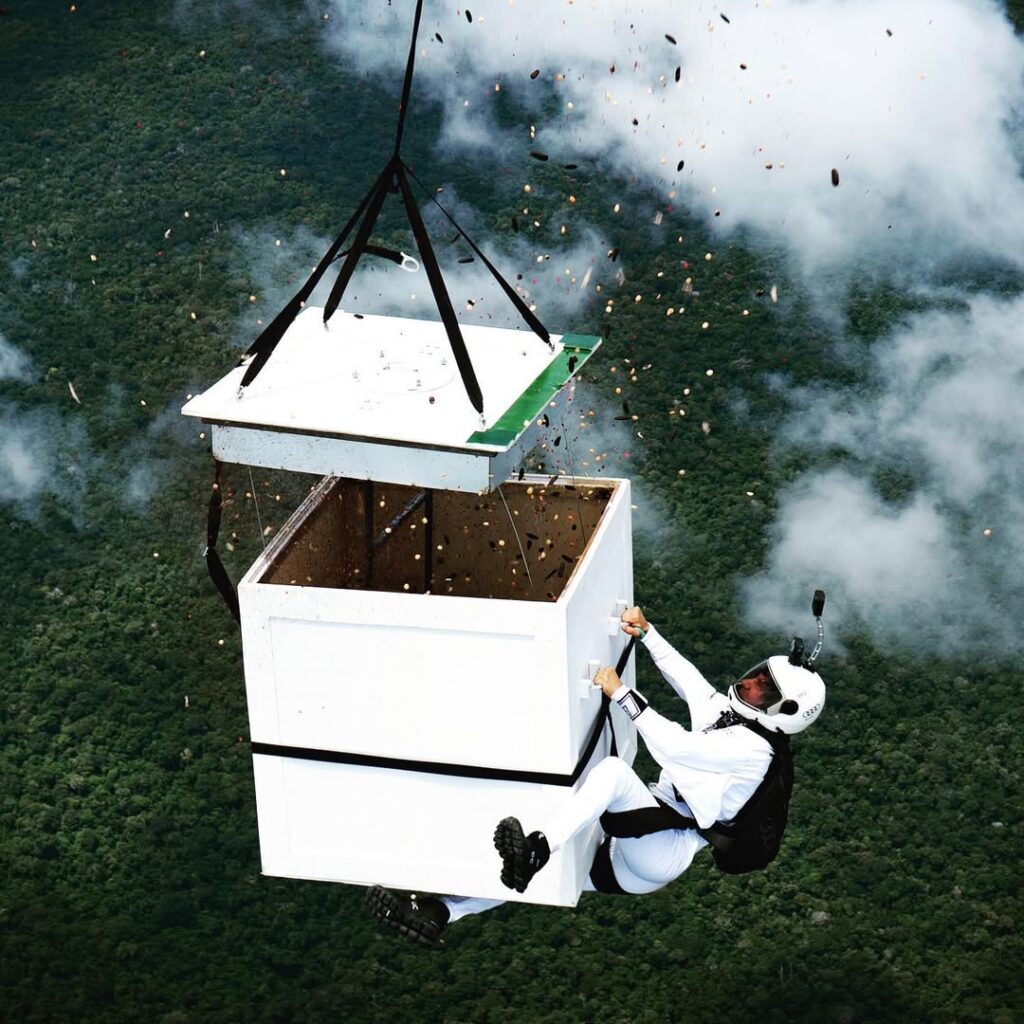
Future Implications
The project’s success could influence future reforestation methods. As stated in the source material, satellite monitoring will be used to track the progress: “We can watch the site by satellite. It will take around two years to really see the difference,” Cani explained.
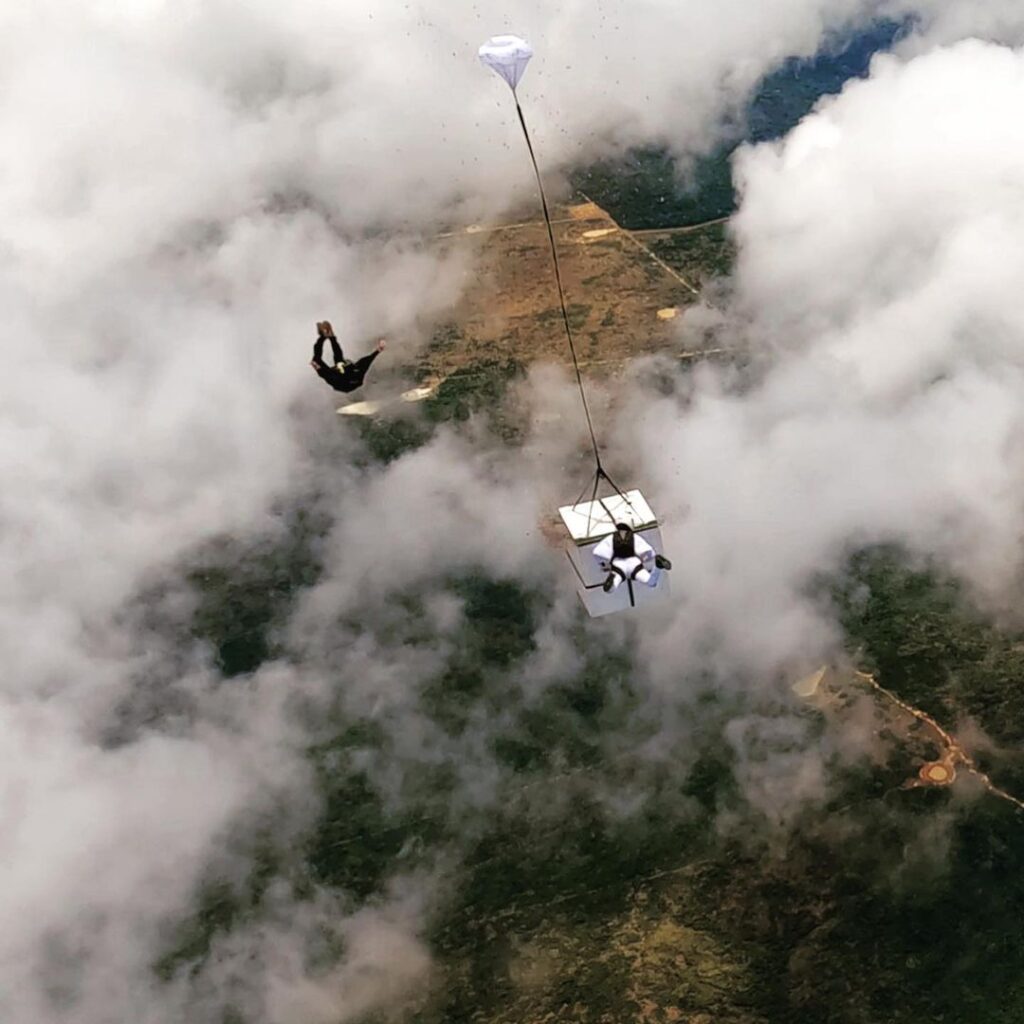
“I’ve been jumping for 25 years and I’ve always pushed the limits with risky jumps,” Cani said. “Now, I don’t have that drive for danger anymore. I want to do something to help.”
Regarding future projects, Cani has confirmed that planning is underway for a new initiative that will combine skydiving with ocean plastic cleanup efforts, though specific details are still in development.
